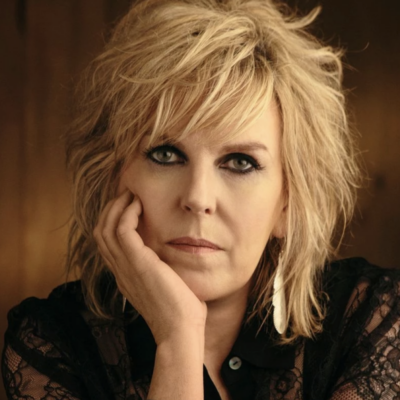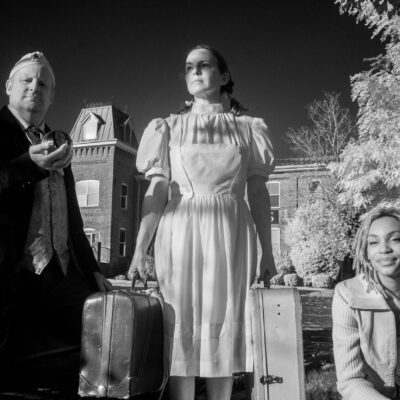The difference between a nice story and a beautiful one is in the way it’s told. When a retired opera director starts losing his memory, and his son creates a play about a child who invents a time machine so his father can relive great moments from his past, that’s a nice story.
When the father (Ma Ke) is a former artistic director at the Shanghai Chinese Opera Theater, and the son (Maleonn) is a cutting-edge visual artist breaking new ground with puppet technology, and in their collaboration the son discovers new maturity while honoring his father’s legacy—that’s a beautiful story.
This same distinction is also true in documentary films. A diverting tale recounted by talking heads is often entertaining enough, but a greater accomplishment in nonfiction storytelling is the elevation of the subject by discovering truth among the facts. Through emotional and technical intelligence, S. Leo Chiang and Yang Sun make Our Time Machine a touching story of father and son, a procedural drama about the grueling life of a creative professional, and a resonant statement about the intertwined nature of tragedy and joy.
Ma Ke attributes his success to his work ethic and willingness to be demanding of his collaborators. Maleonn suggests his father’s prolific output is to make up for years lost during the Cultural Revolution, when opera was denounced and its practitioners sent to labor camps. It was in that camp that Maleonn was born, and once Ma Ke was allowed to work again, that’s nearly all he did.
The first thing viewers will notice is the striking style of Maleonn’s creation, filled with expressive puppetry, silhouettes against rear projections, and animatronic airplanes. The imagery brings to mind H. G. Wells, a Victorian sensibility of cold gears and hot steam manipulating the fabric of existence, imbued with modern sentimentality. Primarily a visual artist, this is Maleonn’s first venture into theater, and he takes no shortcuts in realizing his dream.
If this were merely a behind-the-scenes feature about a play’s creation, that would be enough to recommend it, simply for the technical marvel. But Our Time Machine is a story about determination and racing the clock, using the time we have now to reconcile with the past in order to brighten our future. Maleonn’s play is a means to get closer to his father, whom he idolizes despite the emotional distance, and though he is much more congenial in nature and collaborative with his team than Ma Ke is alleged to be, Maleonn is equally single-minded, pushing away all unrelated concerns until they threaten his or his family’s livelihood. He moves forward with production when there is no money, and struggles to balance the demands of his work with the question of assisted living for his worsening father. Early on, Maleonn speaks longingly about the possibility of starting a family, but is not forthcoming about his burgeoning relationship with a collaborator (though, charmingly, they do a bad job of hiding their feelings for one another).
Even without consideration for his relationship with his father, Maleonn’s play is still an impressive technical feat with a great deal of compassion for its characters, but at the expense of its soul. Similarly, the context of Our Time Machine is what makes it more beautiful than if it were a series of episodes in an artist’s life.
As a work of art, Our Time Machine is a fascinating look at the relationship between creator and creation, and does not remove itself from that equation. The greatest documentaries, in my opinion, call attention to the observer effect, and do not attempt to fool the audience into believing that the cameras are flies on the wall. The fact that this was documented matters; Maleonn could not have predicted the obstacles, and if everything had gone according to plan, this would have been a featurette on a DVD. But as Maleonn’s life evolves, so does the documentary. Filming continued well past the play’s premiere and into his next stage in life, coming to its own conclusion as a work of art with a soul of its own, separate from its subjects.
Ma Ke and Maleonn came of age in two very different eras in modern Chinese history. Are their approaches at odds with one another, or are they of the same mind with their individual traits shaped by historical circumstances? Their openness about issues like the Cultural Revolution and political persecution is refreshing, and they are equally open about their feelings toward one another. But as Our Time Machine shows, openness is only the first step in establishing a connection. Two people can’t stand at opposite ends of a canyon and just will a bridge into existence; someone has to be the first to start building—like a playwright needs a play before he can connect with an audience.
Our Time Machine / NR, 84 minutes
Streaming (VioletCrown.com)





